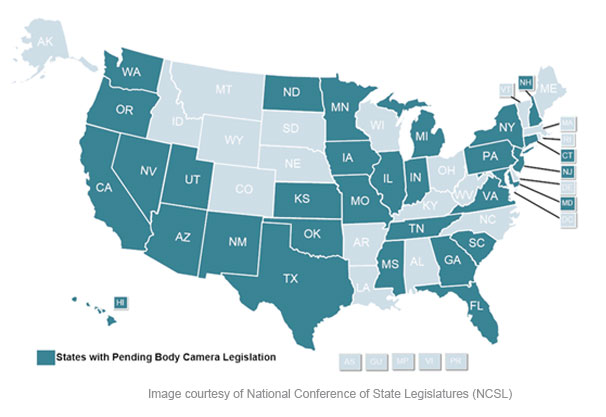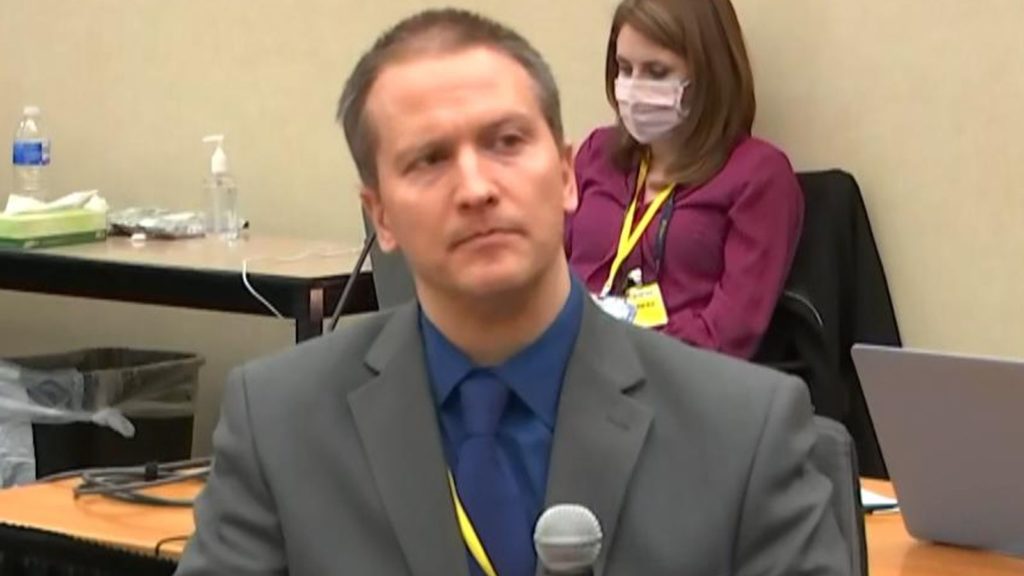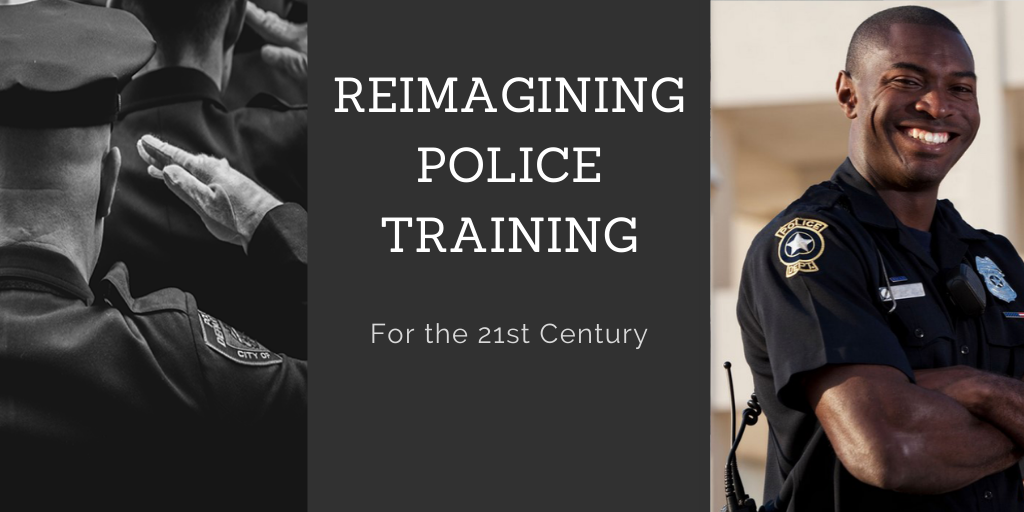Since the 21st century, cameras have progressed society and showed the world in a different light. Cameras have been shown to be highly beneficial in excessive force cases concerning the police. Derek Chauvin’s trial was a prime example of how body cams and cameras, in general, can hold police accountable. In a recent University of Chicago study, researchers show the critical benefit of how body-worn cameras reduce the use of police force.
While body cameras may deter some police officers from using excessive force, it is not the complete answer to eliminating police brutality.
The Start of Police Cameras

Despite this new rush to implement body cameras in every police precinct, this is nothing new. For the last twenty years, politicians have tried to implement policies to enforce body cameras.
In the United Kingdom, the police started experimenting with body cameras. In contrast, the U.S. fell behind in enforcing their police officers to wear them. In 2016, 22 states in the U.S. have either passed legislation implementing body cameras or considering the proposed bill. Proposals for body cameras increased after a white police officer killed Michael Brown, an 18-year-old black teenager, in Ferguson, Missouri.
After the Mike Brown Shooting, many police departments started adopting police body cameras because they did not want another Ferguson incident. Even though police departments wanted to enforce this change, close to 3,000 deadly police shootings have happened since Ferguson.
Body Cameras & Accountability

The Derek Chauvin trial set a precedent for holding police officers accountable. It’s common around the world to see police acquitted on accusations of excessive force. It’s very rare to actually see justice. In the Chauvin case, a significant piece to the prosecution’s argument relied heavily on the camera and body cam footage which shows their impact.
It is hard to disprove excessive force when the whole world saw a police officer’s knee on someone’s back for nine-plus minutes. Although Chauvin’s trial was a turn in the right direction, it still is one case to the overall bigger picture. Chauvin’s case was not the first case to have video footage expose excessive behaviour to the public. Philando Castile, Alton Sterling, Jacob Blake, Breonna Taylor, Ma’Khia Bryant, Adam Toledo, Daunte Wright, and countless others have died or place in critical conditions over excessive force where body cams were present.
Many of the officers in these cases were acquitted and able to keep their jobs. The problem with this is they can do this to another person of colour, and the cycle of police brutality continues. Even though they have a body cam on their person, it will mean nothing if they could previously get away with the same brutal behaviour.
Something Different?

Body cams are great for the visual image in case something is wrong, but a police officer will use force whether the camera is on them or not. As seen in the Adam Toledo case, the Chicago police officers had body cameras and still used unnecessary and excessive force. True determent of excessive force comes from within the police departments and the training they receive. In general, the environment of the police force needs to hold their fellow police officer accountable for their actions.
Society treats police officers like they are above the law because they wear a badge and wield a gun. It is baffling how many police officers get away from irresponsible decisions because they are the police.
Body cameras are beneficial and should be used; nonetheless, more actions need to be taken to eliminate police brutality.


